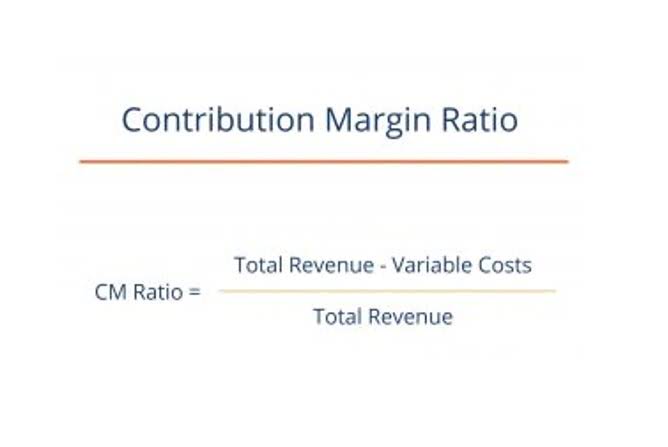
Under GAAP, even specific details such as tax preparation and asset or liability declarations are reported in a standardized manner. Securities and Exchange Commission (SEC) requires publicly traded companies and other regulated gaap is concerned with making sure that financial reports are companies to follow GAAP for financial reporting. The SEC (Securities & Exchange Commission) only requires publicly traded companies and companies obligated to publicly release their financial statements to adhere to GAAP.

Whether you are a startup or established enterprise, understanding the dynamics of organic and… Non-GAAP earnings are a customized version of earnings calculated after excluding earnings components that don’t require cash payments or are otherwise not important for understanding the future value of the firm. IFRS is a standards-based approach that is used internationally, while GAAP is a rules-based system used primarily in the U.S. IFRS is seen as a more dynamic platform that is regularly being revised in response to an ever-changing financial environment, while GAAP is more static. The Securities and Exchange Commission (SEC), the U.S. government agency responsible for protecting investors and maintaining order in the securities markets, has expressed interest in transitioning to IFRS. However, because of the differences between the two standards, the U.S. is unlikely to switch in the foreseeable future.
GAAP vs. IFRS: What’s the Difference?
These standards may be too complex for their accounting needs, and hiring personnel to create GAAP definition reports can be expensive. As a result, the FASB works with the Private Company Council to update GAAP with private company exceptions and alternatives. As GAAP issues or questions arise, these boards meet to discuss potential changes and additional standards. For instance, when the COVID-19 pandemic hit, the board members met to address how governments and businesses must report the financial effects of the pandemic. Because GAAP standards deliver transparency and continuity, they enable investors and stakeholders to make sound, evidence-based decisions. The consistency of GAAP compliance also allows companies to more easily evaluate strategic business options.
It is also possible, though time-consuming, to convert GAAP documents and processes to meet IFRS standards. Whether or not the two systems will ever truly integrate or converge remains to be seen, though efforts were made by the U.S. Securities and Exchange Commission from 2010 to 2012 to come up with an official plan for convergence. Critics of principles-based accounting systems say they can give companies far too much freedom and do not prescribe transparency. They believe because companies do not have to follow specific rules that have been set out, their reporting may provide an inaccurate picture of their financial health. In the case of rules-based methods like GAAP, complex rules can cause unnecessary complications in the preparation of financial statements.
What’s the Difference Between IFRS and U.S. GAAP?
Many companies support non-GAAP reporting because it provides an in-depth look at their financial performance. However, the non-GAAP numbers include pro forma figures, which do not include one-time transactions. Companies can use this information to their advantage and present totals that predict how their businesses will perform in the future.